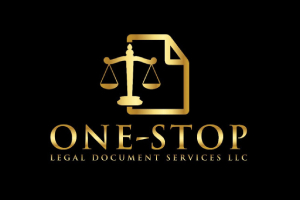
Compliance Monitoring Report
Compliance Monitoring Report
A Compliance Monitoring Report is a document that assesses an organization’s adherence to legal, regulatory, and internal policy requirements. Key components include:
1. Executive summary
2. Scope and objectives of monitoring
3. Methodology used
4. Overview of compliance program
5. Key findings and observations
6. Risk assessment
7. Areas of non-compliance
8. Root cause analysis
9. Corrective actions taken or planned
10. Training and awareness initiatives
11. Recommendations for improvement
12. Conclusion and next steps
This document aims to:
– Evaluate the effectiveness of compliance measures
– Identify areas of risk or non-compliance
– Demonstrate due diligence to stakeholders
When creating a Compliance Monitoring Report, it’s important to:
– Use objective and data-driven analysis
– Provide clear, actionable insights
– Prioritize findings based on risk level
– Include both strengths and areas for improvement
A well-crafted Compliance Monitoring Report serves as a vital tool for organizations to maintain regulatory compliance, mitigate risks, and continuously improve their compliance programs. It helps leadership make informed decisions, allocate resources effectively, and demonstrate a culture of compliance to regulators and stakeholders. Regular monitoring and reporting can prevent costly violations, protect the organization’s reputation, and foster a more ethical and compliant business environment.
